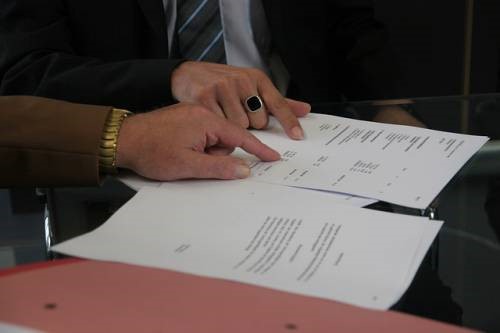-
Lot Size
-
Home Size852 sqft
-
Beds2 Beds
-
Baths1 Bath
-
Year Built1972
-
Days on Market47
When is Refinancing a Smart Move?
- Linda Moore, Real Estate Tips
- Coldwell banker Encinitas, encinitas home for sale, Encinitas Homes, encinitas homes for sale, Encinitas Houses, encinitas real estate, Encinitas real estate agent, encinitas realtor, home for sale in encinitas, homes for sale in encinitas, Linda Moore, San Diego real estate
- May 19, 2015

If you are thinking about a refi, be sure to ask yourself some basic questions to learn whether the idea makes sense for you. Yes, there are many situations where a refinance agreement is in your best interest. Unfortunately, some home owners dive in too quickly, assuming that a refi is always desirable. It’s not! In fact, depending on your particular case, it may not even be possible. Here is a quick summary of Bankrate’s take on the issue. So if you are considering refinancing your home, ask yourself these six questions first.
Do I have enough equity?
Most experts suggest you have at least 20 percent equity in your home to make the refi advantageous. Otherwise, you may have to bring money to the table to get approved. At that point, you are usually not going to benefit from a refi. Discuss all options with your lender before going forward.
How healthy is my credit score?
Though opinions vary, you should be safely within, or above, the 620-720 range in order to get approved for a refinance agreement. The better your credit score is, the more you will save by entering the agreement.
Why am I doing this?
Know why you want to refinance. Some home owners want lower monthly payments, while others want a shorter payback period, but are willing to pay more each month. Your particular goals will determine how the agreement is structured.
What is my break-even point?
This question pertains to the cost of the refi agreement. If you don’t plan to stay in the home much longer, for example, there is no point in refinancing. Your lender can help you calculate the exact amount of time you’ll need to stay in the home to cover your cost of refinancing.
What are the terms of my current loan?
Know where you stand with respect to your current mortgage terms. It may be beneficial to convert to a fixed-rate loan in some cases. Your lender can help you with this step, but you will still need to know the particulars of your current mortgage agreement.
Do I have a second mortgage right now?
If you do, a refi will be a bit more complicated. You will likely have to pay off that obligation before refinancing, or else fold it into the new agreement.
After you decide whether or not a refi is in your future, be sure to talk it over with your financial professional as well as your Realtor, to learn more about the ins and outs of refinance contracts. As with all things connected to property ownership, do your research and get expert advice all along the way.




